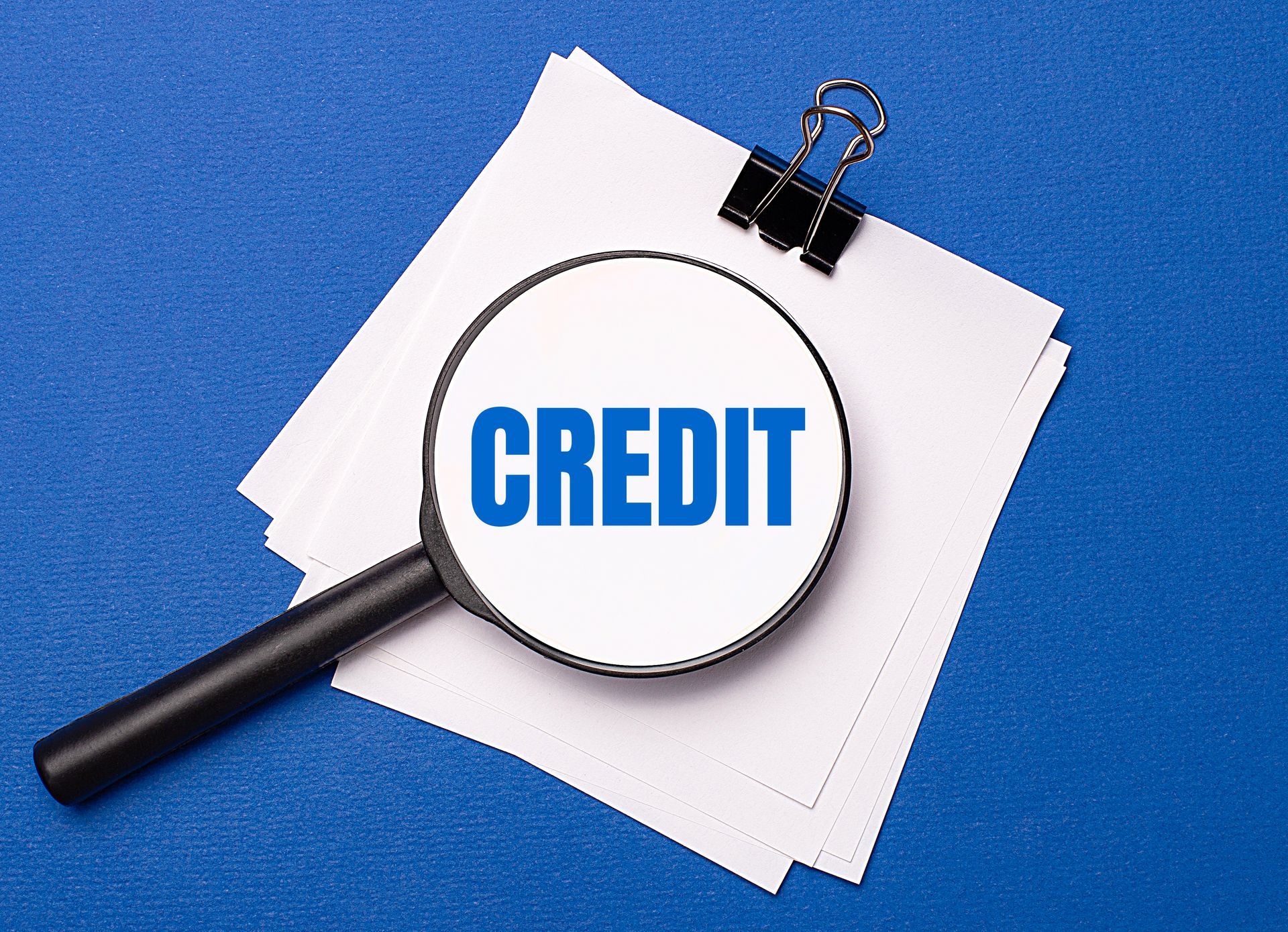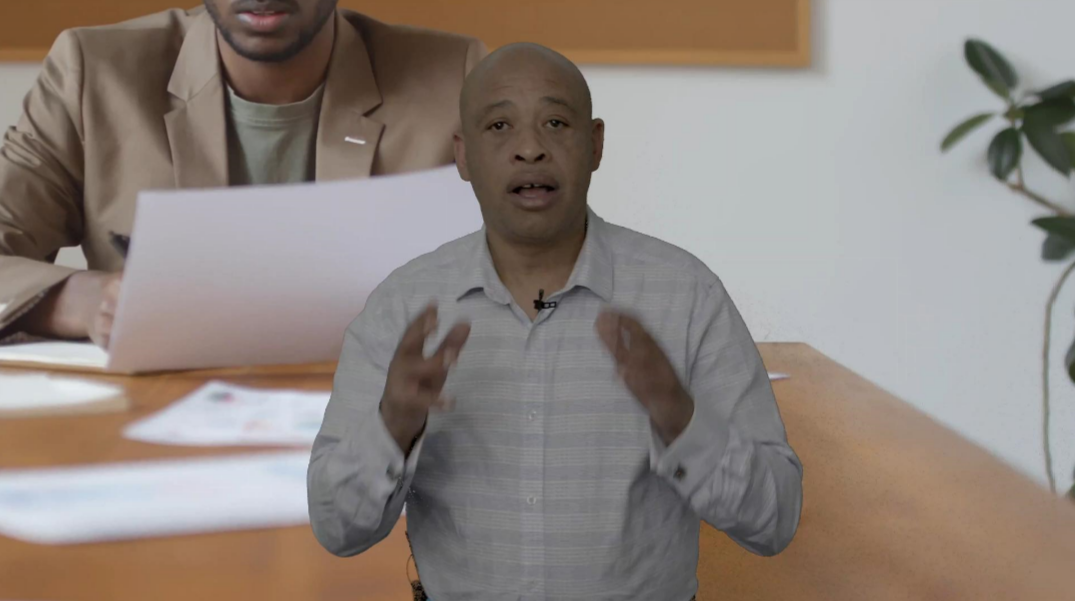The Four Top Soft Skills That Employers Need Right Now
As businesses become more agile and task-based skills become increasingly automated, employers are now seeking candidates with strong soft skills. How do you shape up?
A report by Wonderlic found that “93 percent of employers said that soft skills are either an “essential” or “very important” factor in hiring decisions”. And demand is set to grow. According to Deloitte Access Economics, “2 out of 3 jobs will be soft skills intensive by 2030”.
So, what are soft skills? Soft skills, sometimes called human or real skills, are a blend of skills that include creativity, collaboration and emotional intelligence.
Soft skills are the human skills that help us to work and create together. They are the skills that help us interact successfully – either in a collaborative environment such as a project team or workplace, or in highly charged emotional situations such as job interviews, debt recovery discussions, managing difficult conversations or asking for a promotion.
A candidate’s ability to display these skills and provide tangible examples in a job interview can be a telling indication of their capacity to collaborate and function creatively and efficiently in their new workplace. It pays to remember that employers watch for this throughout the interview.
Five soft skills that feature highly and repeatedly in surveys of employers and HR directors are as follows:
Creativity
- Your ability to show imagination, to find innovative solutions to problems and to see things in different ways
- Emotional intelligence
- The ability to sense and behave with empathy, to understand the position of others and to connect in an open and honest manner
Collaboration
- Your capacity to engage with and perform within a team, to share and develop ideas and plans and to deliver on your obligations within the team and assign roles and duties to others
Communication
- Demonstrate your ability to communicate easily, listen well and clearly and maintain eye-contact. Give examples of situations where you communicated well – especially person-to-person – and resolved a problem or presented an idea successfully.
Persuasion / negotiation
- Show your ability to persuade and influence others and give examples of ways in which your skills resulted in a change of viewpoint or a situation where you negotiated a strong and equitable deal for both parties.
And demand for these skills isn’t confined to a specific industry or profession. In the US, “44% of executives say lack of soft skills is the biggest gap in the U.S. workforce”. A new emphasis on service now means that soft skills are required in IT, accountancy, law and the medical professions.
The good news is that soft skills work well for employers and candidates. According to DDI Research, “organizations demonstrated an average return on investment of $4,000 for every $1,100 spent developing soft skills”. As a candidate, soft skills can be a fast-track to management.
A recent iCIMS survey found that “94% of recruiting professionals believe an employee with stronger soft skills has a better chance of being promoted to a leadership position”.
The power and commercial value of soft skills are finally being recognised by employers. Make sure you present your soft skills proudly in interviews – they might well make all the difference.
Want to take advantage of the resurgent popularity of soft skills? Book a FREE personal one-on-one soft skills assessment session, and find out how soft skills could benefit you or your workplace.











